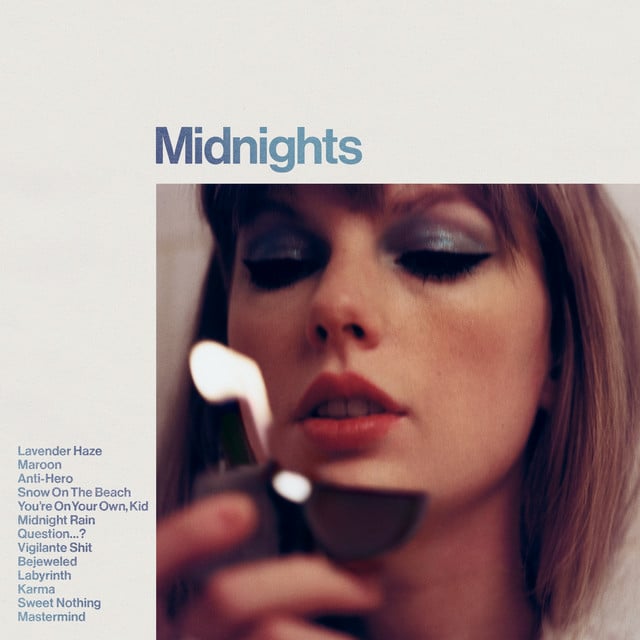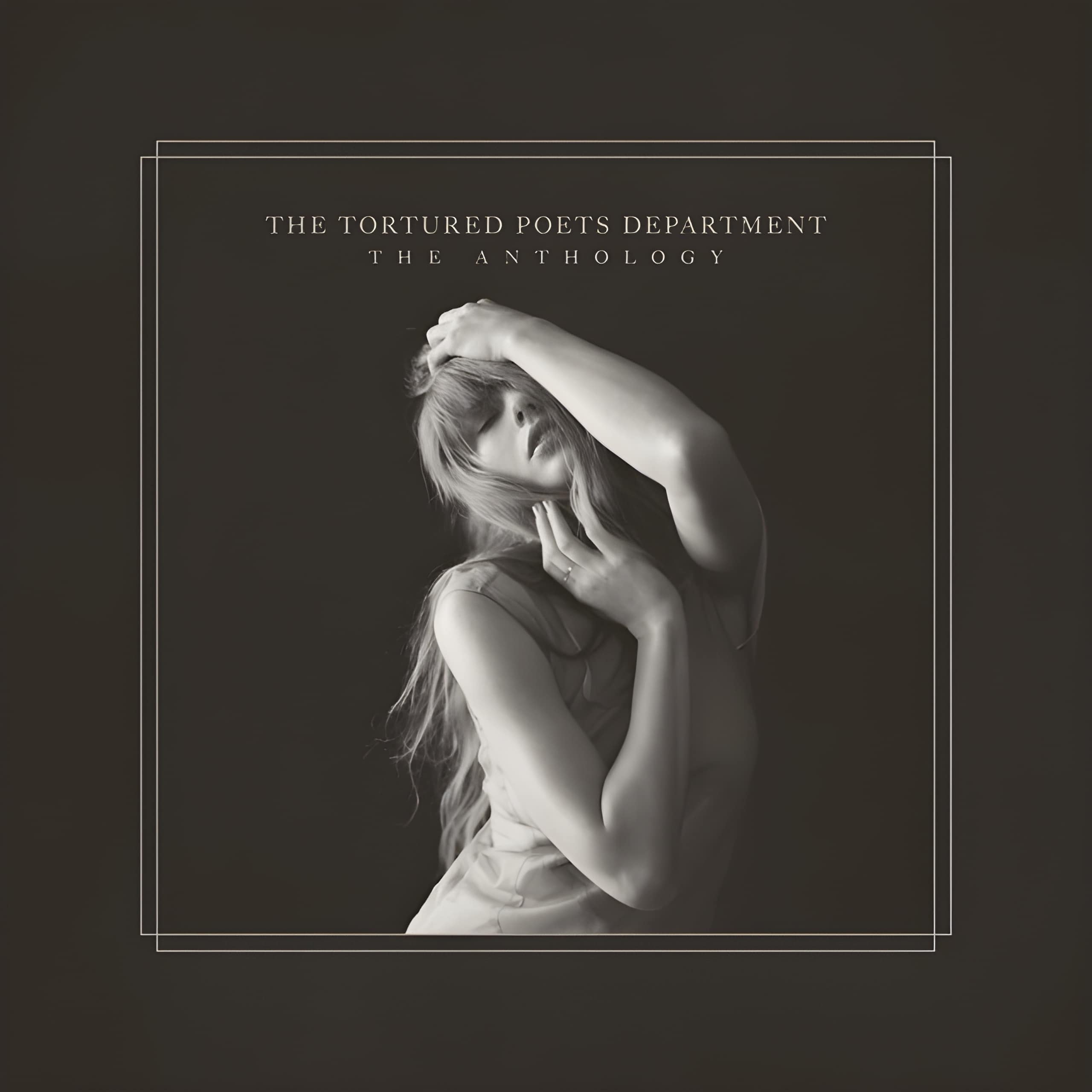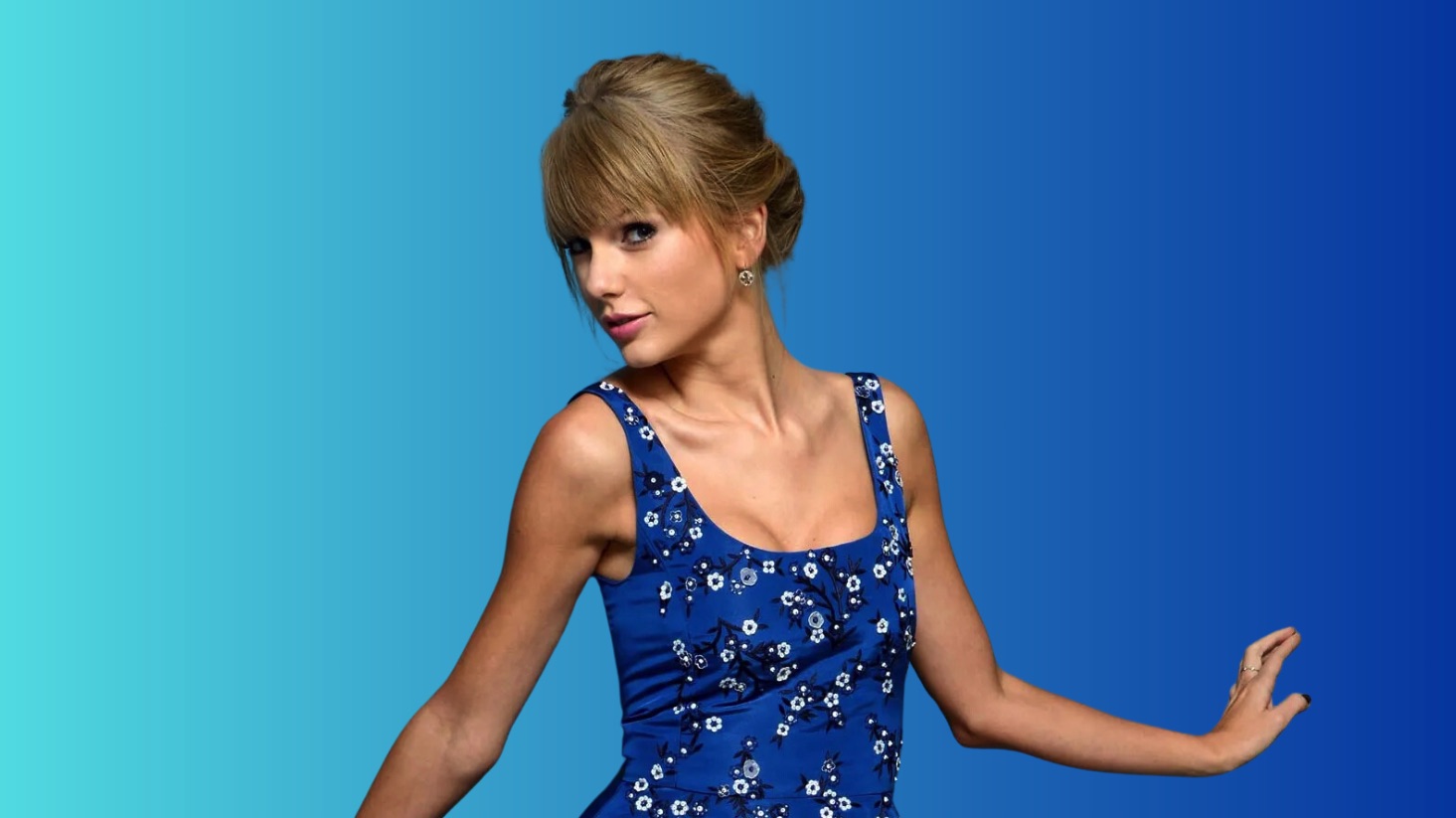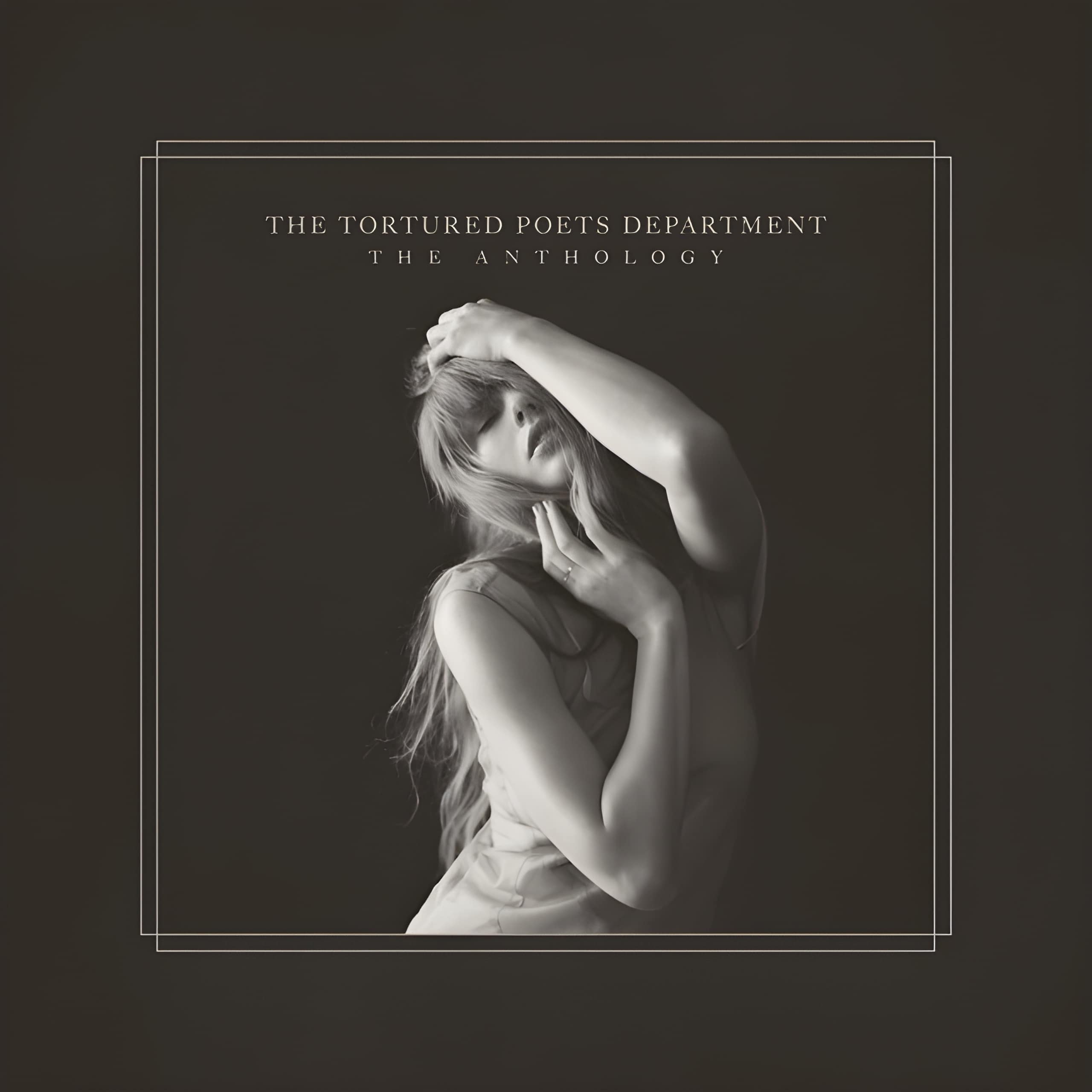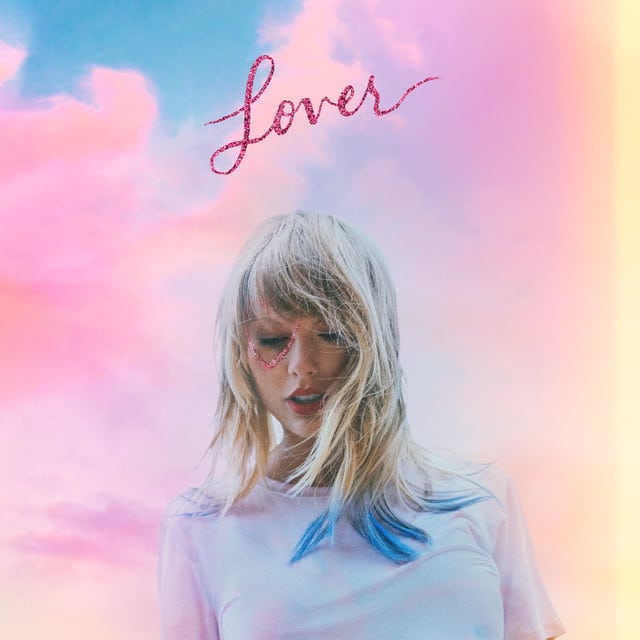Released: 2022
“Anti-Hero” by Taylor Swift is a self-reflective piece where the singer experiences an introspective journey grappling with her own flaws and the consequences of her actions. She explores her identity as an ‘Anti-Hero’ – a protagonist who’s flawed and perhaps does not embody the conventional virtues associated with a hero.
The lyrics kickoff with Swift, the ever-eloquent wordsmith, expressing her internal struggle with age and maturity: “I have this thing where I get older, but just never wiser.” She’s stuck in a twilight zone where time produces more years but not any more wisdom. The depressive state she finds herself in flips her life schedule upside down, hence the “Midnights become my afternoons.”
In the lines, “When my depression works the graveyard shift / All of the people I’ve ghosted stand there in the room,” Swift is talking about being haunted by past relationships and experiences that she left undone, hence the use of slang ‘ghosted’. This shows the impact of her actions upon her emotional state.
When she sings, “I should not be left to my own devices / They come with prices and vices / I end up in crises,” she’s candidly admitting the problematic nature of her decisions and actions. This verse truly encapsulates the image of the anti-hero – bound by imperfections and thereby causing chaos.
The verse “Sometimes I feel like everybody is a sexy baby / And I’m a monster on the hill” showcases her feeling of being outcast and different, perhaps negatively, from the rest. The ‘monster on the hill’ metaphor paints a picture of her feeling superior in stature but monstrous in nature.
She cleverly highlights her self-deception in the line: “Did you hear my covert narcissism / I disguise as altruism?” Here, she admits to masking her self-centeredness with seemingly selfless actions, which reminds us of the artifice often found in politics, hence the comparison to a ‘congressman’.
When Swift sings “It’s me, Hi! / I’m the problem, it’s me,” she’s taking complete ownership of her flaws and the issues they create – a recognition that is often hard-fought. She’s saying, in her cheeky yet forthright style, that she’s identified herself to be the anti-hero of her own story.
The line “I’ll stare directly at the sun, but never in the mirror” showcases a kind of self-avoidance. Despite the potentially harmful act of looking directly at the sun, Swift would rather do that than confront her own reflection to reconcile with her behavior and the perceived anti-hero within.
In the last verse, “I have this dream my daughter-in-law kills me for the money / She thinks I left them in the will” Swift is exaggerating her flaws to the point where even her future offspring’s spouse would contemplate killing her for inheritance.
This song is Swift’s unconventional confession of how she perceives herself – flawed, at odds with society’s standards, and grappling with the discomforting knowledge of being the ‘anti-hero’ in her own life story.
